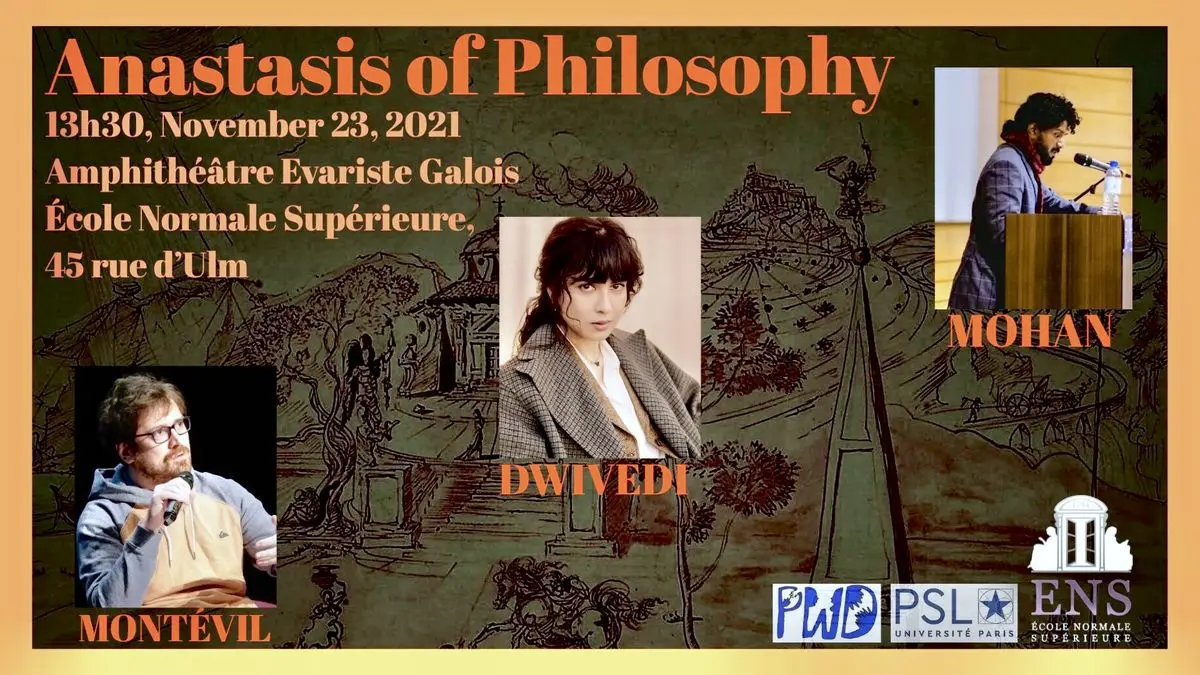The anastasis of philosophy

What is the new beginning for philosophy? If it is not a question of freeing ourselves from previous works, nor of following the geopolitics of the restrictive Heideggerian corpus which controls post-de-colonial politics, how can we constitute a new corpus for philosophy? And what are the real challenges of philosophy in the 21st century?
In July 2021, Jean-Luc Nancy launched a debate by taking up Heidegger's question about the end of philosophy and the task of thought. If philosophy is not able to move beyond Heidegger’s determination of it as metaphysics it will not survive for long as even inanity.
He ends his text with these words:
What Heidegger means by "the task of thought" [...] is this: are we going to stand up to the untenable? Or are we going to continue to be satisfied with our poor philosophical autonomy? Or, why not, get it over with, having provided the proof (that nobody asked for) of a superb, majestic and abundant inanity?
In this debate, currently being published in Philosophy World Democracy, Divya Dwivedi insists on the idea that philosophy encounters a stasis through its acceptance of versions of the “ontico-ontological difference” of Heidegger, behind which lies the “oriental-occidental difference”. This stasis also stems from what Bernard Stiegler called disruption, in which society's responses, and in particular philosophy and criticism, always lag behind technological change. That is, the imperative of Stiegler was that we should be able to conceive a new organon from another foundation so that philosophy can respond to and construct other worlds. Maël Montévil contends that the analysis of this stasis must address the nature of the separation of philosophy and science. To come over this stasis or, literally, for the ana-stasis of philosophy, Shaj Mohan proposes to start from “the obscure experience”, without letting it, this time, be pre-empted by religion. Such an ana-stasis of philosophy will require that we retreat from some of the most intimate intuitions of Heideggerian thought and we will have to explore new logics and faculties. Thus, the other beginning of philosophy has the character of “neither metaphysics nor hypophysics” as Nancy remarked in an earlier text.
What is the new beginning for philosophy? If it is not a question of freeing ourselves from previous works, nor of following the geopolitics of the restrictive Heideggerian corpus which controls post-de-colonial politics, how can we constitute a new corpus for philosophy? And what are the real challenges of philosophy in the 21st century?
The debate is published on https://www.philosophy-world-democracy.org/other-beginning
‘Pass sanitaire’ is required
Language: English and French
Registration: https://montevil.org/talks/2021--l-ana/
Speakers

Divya Dwivedi, philosopher and author based in India. She is assistant associate professor of philosophy and literature, Department of Humanities and Social Sciences, Indian Institute of Technology Delhi.

Maël Montévil, philosopher and theoretical biologist. He is chargé de recherche in CNRS, centre Cavaillès, République des Savoirs, USR3608, ÉNS

Shaj Mohan, philosopher based in the subcontinent. He is the author with Divya Dwivedi of the book “Gandhi and Philosophy: On Theological Anti-politics” (Foreword by Jean-Luc Nancy, Bloomsbury Academic, UK, 2019).
Location
Amphithéâtre Evariste Galois, 2ième sous-sol, batiment NIR, École Normale Supérieure, 45 rue d’Ulm, Paris.

